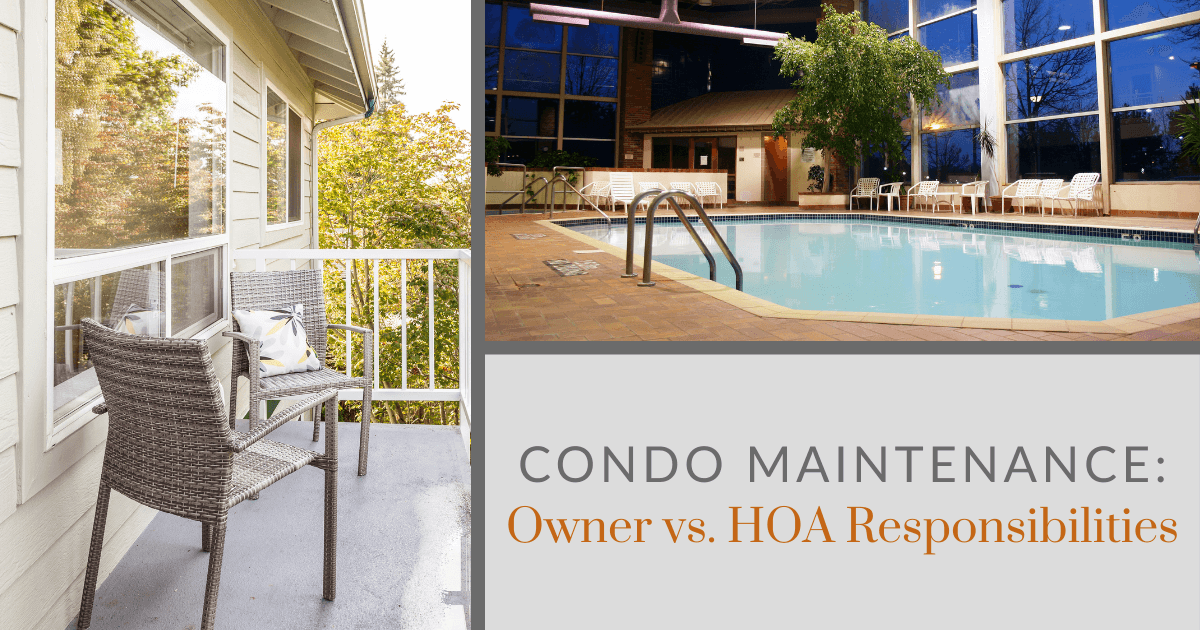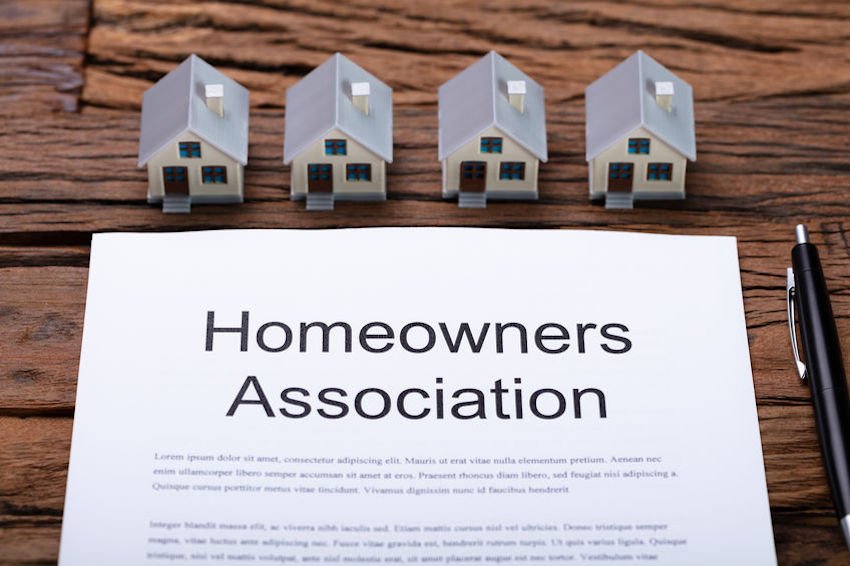Checking out the Obligations of HOA Condo Residents
Checking out the Obligations of HOA Condo Residents
Blog Article
The Duty of an HOA in Developing and Enforcing Community Guidelines for Residents
The function of a Homeowners Association (HOA) in establishing and enforcing community standards is fundamental to keeping a orderly and cohesive residential environment. By creating clear policies that regulate elements such as residential property maintenance and community conduct, the HOA not just establishes criteria for homeowners yet additionally fosters a sense of belonging and accountability.
Understanding Property Owners Organizations
Homeowners organizations (HOAs) function as governing bodies for domestic neighborhoods, playing a critical role in maintaining residential property values and cultivating a sense of area. Typically developed by designers, HOAs are composed of house owners within a marked location who elect a board to oversee the association's activities. The primary features of an HOA consist of applying neighborhood policies, managing common locations, and organizing community events.
HOAs operate under a set of controling papers, consisting of covenants, conditions, and constraints (CC&R s), which lay out the legal rights and obligations of property owners. These regulations aim to make certain that homes are kept to a specific criterion, consequently protecting the visual allure and total value of the area. In addition, HOAs frequently accumulate charges from home owners to fund maintenance, landscape design, and other social work.
The presence of an HOA can significantly affect the living experience within a community (hoa condo). While some locals appreciate the structured atmosphere and features given, others might find specific policies restrictive. Balancing the rate of interests of all home owners is vital for an HOA to work successfully, guaranteeing that it serves its designated objective of improving neighborhood living while respecting specific homeowner legal rights
Creating Neighborhood Guidelines

To start, an HOA needs to carry out surveys or convene that enable homeowners to articulate their issues and suggestions. This participatory process promotes a sense of possession and enhances compliance. Next, the HOA board have to analyze the feedback to determine typical motifs and top priorities that require formal addition in the guidelines.
It is additionally necessary to make certain that the standards are clear, concise, and conveniently understood. Ambiguities can lead to conflicts and misunderstandings, undermining the purpose of the standards. The guidelines must be extensive, covering different elements of neighborhood living, consisting of property upkeep, noise degrees, and usage of usual areas.
Enforcement of Regulations
Efficient enforcement of area policies is essential for maintaining order and making sure that all homeowners stick to the established guidelines. An HOA must implement a structured approach to implement these policies, which often involves a combination of tracking, interaction, and penalties for non-compliance.
First, regular inspections and area patrols can help recognize violations, ensuring that policies are constantly used throughout the neighborhood. This proactive surveillance allows the HOA to attend to concerns prior to they escalate, promoting a feeling of liability amongst locals.
2nd, clear interaction is essential. Citizens ought to be notified of the guidelines and the procedures for reporting offenses. An open line of interaction encourages residents to voice issues and seek clarification on guidelines, which can improve conformity.
Lastly, when infractions occur, the HOA must apply effects as laid out in the governing records. This may include cautioning letters, fines, or, in serious cases, legal action. It is necessary that fines are applied fairly and consistently to maintain trust within the community. By properly enforcing policies, an HOA can grow a harmonious living setting that shows the collective worths of its that site residents.
Benefits of HOA Rules
Numerous advantages arise from the application of HOA regulations, which serve to enhance the lifestyle within an area. One primary advantage is the upkeep of residential or commercial property values. By applying criteria for appearances and upkeep, HOAs make certain that homes and typical locations remain appealing, cultivating a desirable living setting that can lead to boosted home values gradually.
In addition, HOA guidelines promote uniformity and uniformity within the neighborhood. This comprehensibility in layout and upkeep aids to develop a feeling of belonging among residents, adding to neighborhood satisfaction and a favorable environment. Developed guidelines promote dispute resolution among neighbors by providing clear assumptions and methods for behavior, thus decreasing conflicts.
Another considerable advantage is the provision of try this website common facilities and services. Numerous HOAs handle area centers such as pools, parks, and clubhouses, which boost recreational opportunities for locals. These facilities not just boost the lifestyle but also motivate social interaction.
Eventually, the regulations stated by an HOA grow an efficient, harmonious community, guaranteeing that citizens take pleasure in a high standard of living while fostering an encouraging environment for all home owners.
Usual Challenges Encountered by HOAs
Among the advantages that house owners associations (HOAs) can supply, they likewise run into a range of challenges that can hinder their efficiency. Many homeowners may not take part in conferences or neighborhood tasks, leading to a detach between the HOA board and locals.
An additional challenge is the enforcement of regulations and regulations. Disputes can arise when citizens really feel that enforcement is irregular or prejudiced, potentially resulting in disputes within the neighborhood. In addition, HOAs frequently encounter monetary restrictions, which can limit their ability to preserve usual locations or fund community jobs. This can create frustration amongst locals that anticipate high This Site requirements of upkeep.
Moreover, browsing lawful intricacies can be intimidating for HOAs. Progressing and altering demographics neighborhood needs require HOAs to adjust their standards, often satisfying resistance from long-lasting citizens who are accustomed to typical standards.
Conclusion

By developing clear policies that control elements such as residential or commercial property maintenance and area conduct, the HOA not only establishes standards for citizens however likewise fosters a feeling of belonging and accountability.Homeowners associations (HOAs) serve as controling bodies for property communities, playing an essential role in preserving home values and promoting a sense of neighborhood. Lots of property owners may not participate in conferences or community tasks, leading to a detach in between the HOA board and citizens. Advancing and altering demographics neighborhood needs require HOAs to adapt their standards, frequently fulfilling resistance from long-lasting homeowners who are accustomed to typical norms. Through the growth of clear laws and constant enforcement, HOAs promote building maintenance, neighborhood satisfaction, and depend on amongst residents.
Report this page